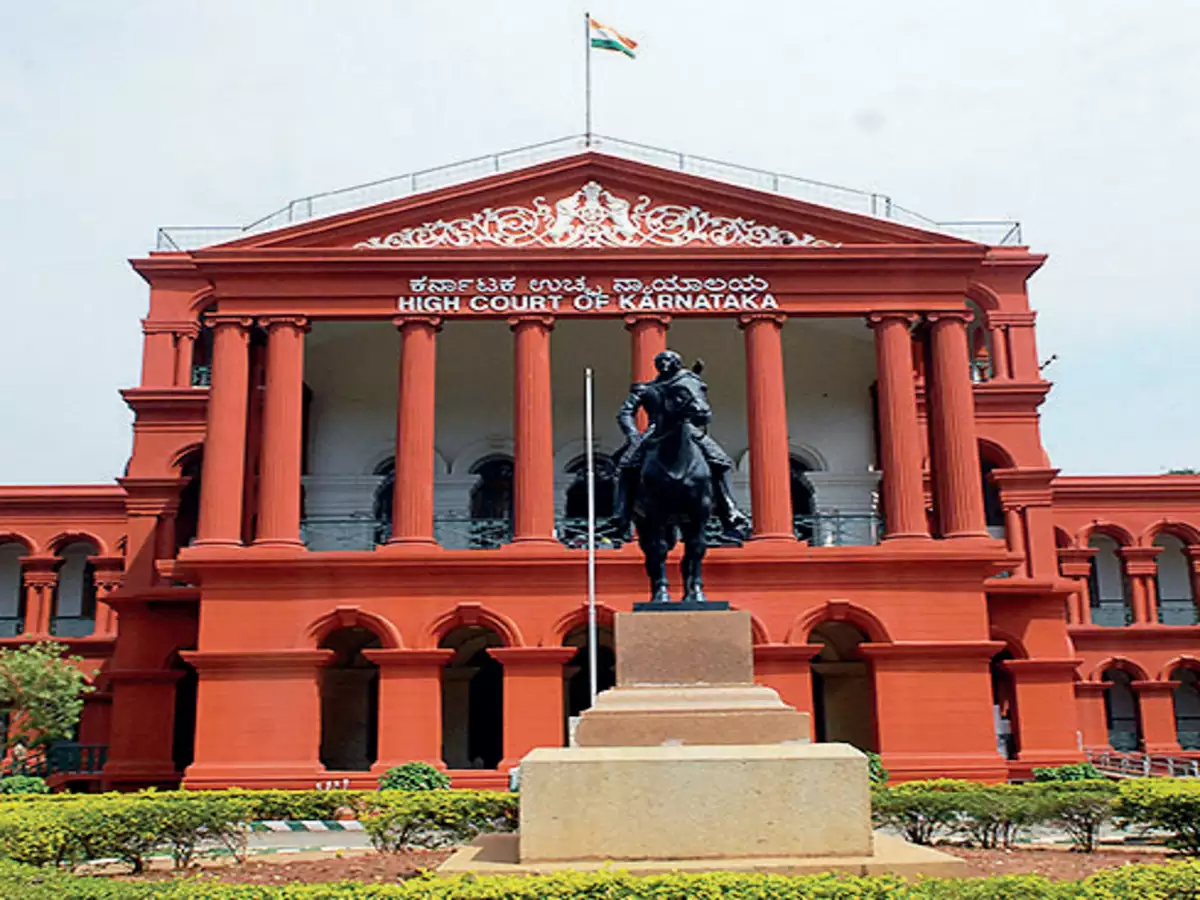The Court emphasized the negative implications of an inactive administrative tribunal caused by vacancies or insufficient infrastructure, stating that it is not in the best interest of anyone involved. Consequently, the Bombay High Court issued an order to the Central government, requiring them to take necessary action to fill all vacancies in the Maharashtra Administrative Tribunal (MAT) panels by the first week of October 2023.
Chief Justice DK Upadhyaya and Justice Arif Doctor expressed their disapproval of the Maharashtra government’s slow progress, which led to a delay in providing a list of recommended candidates to the Central government for verification and approval.
The Court attributed the delay in appointing members (judicial and technical) to the MAT to the State government’s failure to promptly submit recommendations. Given the essential functions of the tribunal, the Court asserted that any negligence in filling vacancies by authorities could not be tolerated.
The Court was informed that the MAT had four vacant positions since 2021, and recommendations for candidates were sent to the Central government in July of the previous year. The Central government responded that the verification process would take three months to complete. Consequently, the Bench ordered the Centre to complete the appointment process by the first week of October 2023.
This directive came about after a petition filed by Yogesh Morbale, a lawyer from Kolhapur, Maharashtra, who expressed dissatisfaction with the tribunal’s operation. The petition also highlighted the lack of allocated funds, which resulted in inadequate functional computers and technicians at the tribunal.
Attorneys representing the petitioner, Dr. Uday Warunjikar, Yashodeep Deshmukh, and Vinod Sangvikar, informed the Court that they had requested infrastructure enhancement from the state government. The Court was dismayed by the situation and Warunjikar explained that it was a result of conflicts between the executive and judiciary. He noted that the Bombay High Court was possibly the only court in the country with a separate budget for court infrastructure, which led to the need for court appearances whenever the executive was involved.
The Court was also informed that the division benches of the MAT in Nagpur and Aurangabad were inactive due to vacancies, leading to the transfer of all matters before these benches. The lack of video conference facilities further hindered litigants from seeking redress of grievances. However, the Registrar of MAT assured the Court that necessary measures would be taken to ensure these benches operate in a hybrid mode.
Finally, the Court directed the government’s attorney to communicate to the relevant department that an inactive administrative tribunal due to vacancies or lack of infrastructure was not in the best interest of anyone. The Court emphasized the importance of resolving issues concerning payments, appointments, etc., to prevent a complete halt of tribunal operations.

